Fruit Trees: What You Need to Know
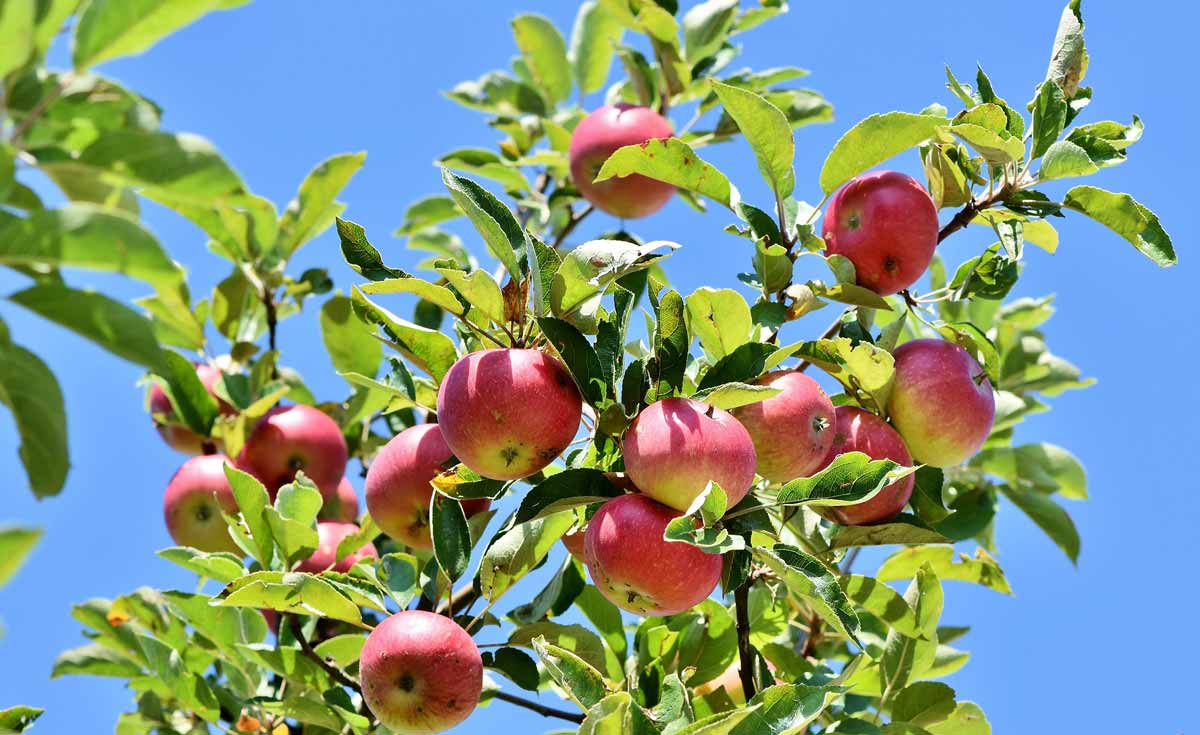 What could be better than a tree that provides beauty, a food source for pollinators, and a snack for you! Fruit trees are a great addition to a landscape for many reasons, but there are several factors you need to consider in order to have a successful fruit tree or orchard in your yard.
What could be better than a tree that provides beauty, a food source for pollinators, and a snack for you! Fruit trees are a great addition to a landscape for many reasons, but there are several factors you need to consider in order to have a successful fruit tree or orchard in your yard.
Probably the most important thing to consider is the site conditions in your yard. Fruit trees, of all kinds, require full sun and well drained soils. As we say all the time in the organic world, right plant, right place. Even if you chose a disease resistant variety, if the plant is in an unsuitable site, it will be stressed, and highly prone to the full spectrum of insect and disease problems that affect these delicious plants.
It is important to keep in mind that fruit trees are not actually ‘natural’. Every single variety has been intentionally bred by humans, throughout history, to over-pronounce the fruiting trait for our own gain – for the tasty, tasty fruit! It must be noted; we are not the only ones who find these creations a delicacy! As I touched on earlier, there are countless insect and disease problems that will happily make a host out of fruit trees, more so than other plants in your landscape. In the past, fruit trees, particularly orchards, required an incredible amount of pesticides, just to have a yield. These days, we have cross bred varieties to create more insect and disease resistant varieties, but this resistance cannot overcome the pressures put on a plant if it is stressed by incorrect location or any other stress.
Below are a few disease-resistant and/or hardy fruit tree varieties that we recommend, as long as you have the proper growing conditions.
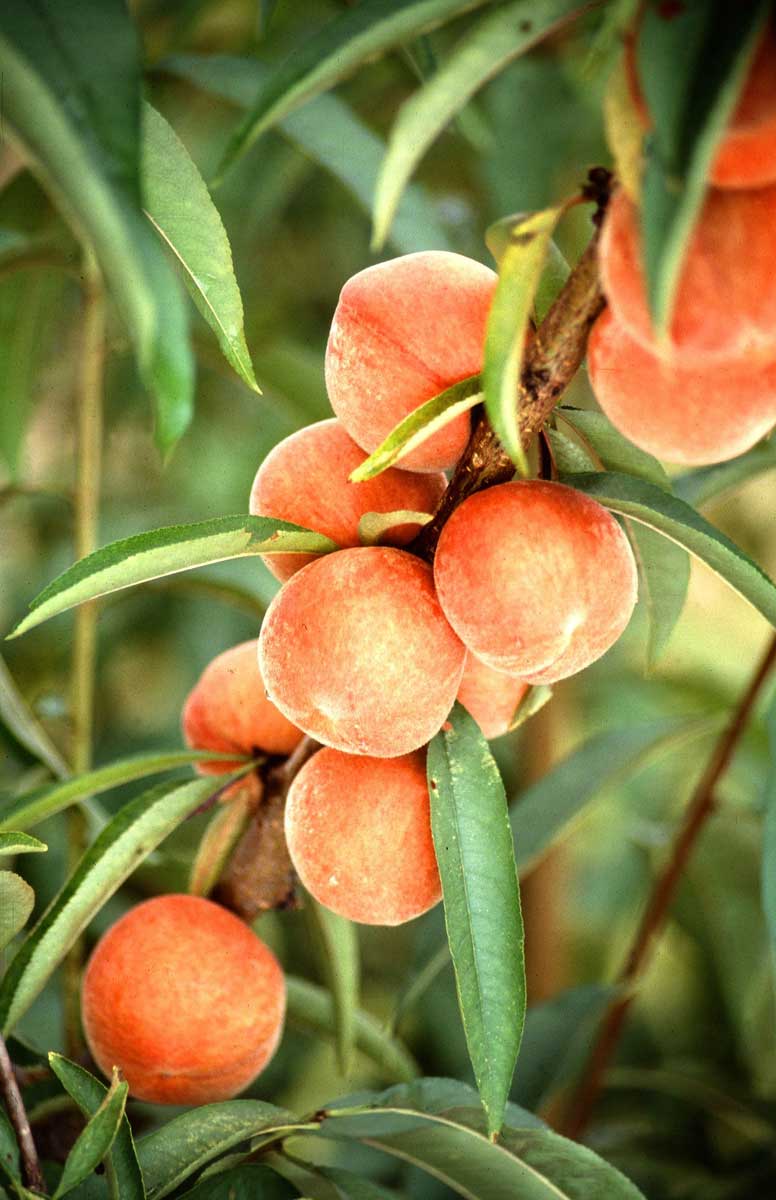 Apples
Apples
- Crimson Crisp – scab resistant, good flavor, crisp, waxy if over-ripe
- Freedom – scab resistant, great for cooking
- Liberty – scab resistant, good for cooking and juice
- Red Free – scab resistant, crisp, short shelf life
Pears
- Luscious – fire blight resistant, very hardy
- Honeysweet – fire blight resistant
- Magness – fire blight resistant, high fruit quality
- Seckel – fire blight resistant, crisp, sweet
- Moonglow – fire blight resistant, high fruit quality
- Harrow Delight – fire blight resistant, very hardy
- Potomac – fire blight resistant, high fruit quality
Cherry
- Montmorency – disease resistant, sour cherry, excellent flavor
- Dwarf North Star – disease resistant, sour cherry, naturally dwarf
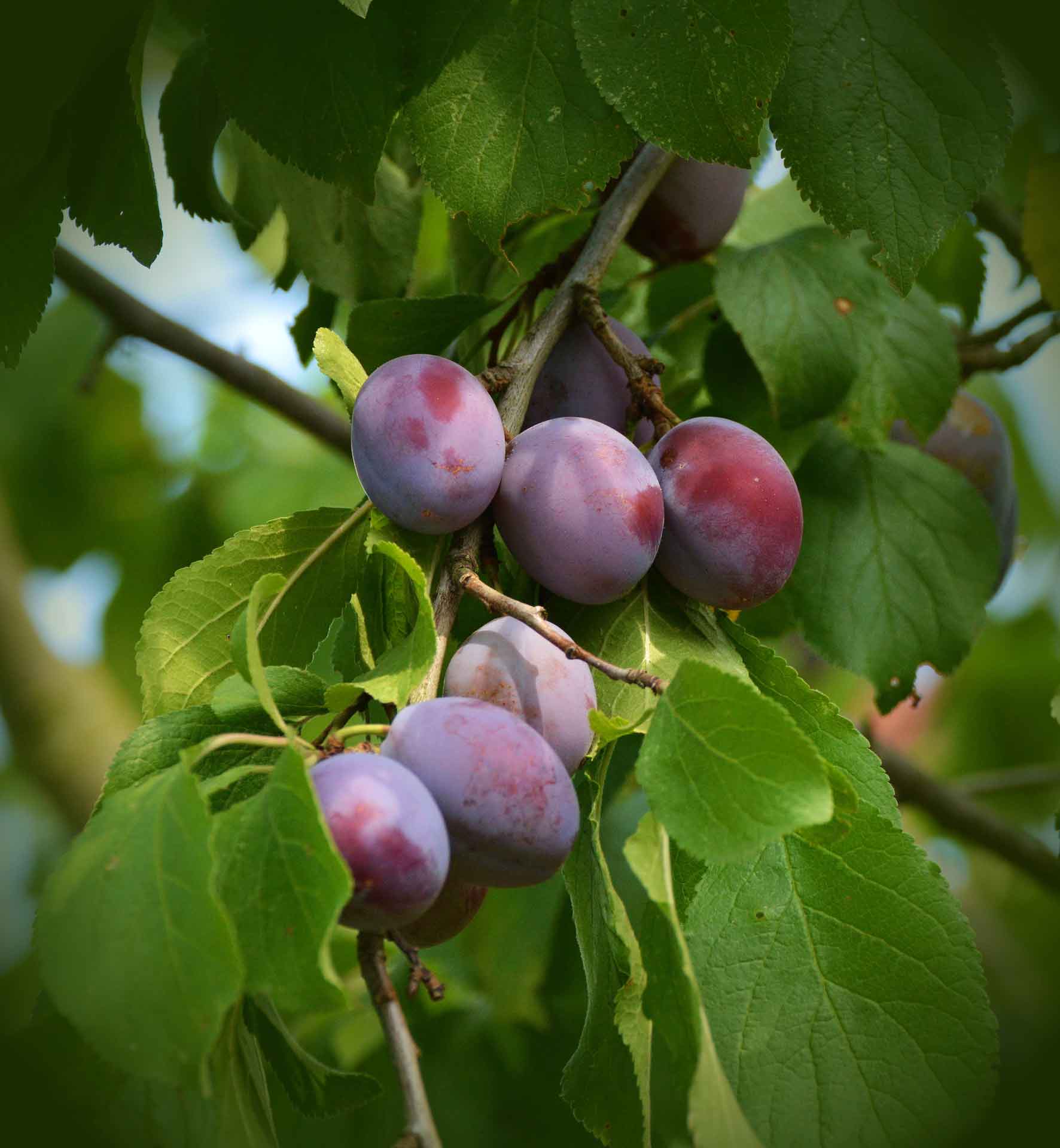
- Underwood – hardy
- Pipestone – hardy
- Superior – hardy
Peach
- Reliance – relatively hardy
Nectarine
- Mericrest -relatively hardy
Once established, even well-placed fruit trees will need care. Pruning is extremely important for proper fruit production and structure management. Also, though some trees are self-pollinating, many varieties need to be cross pollinated, so fruit trees do best in groups.
There is a lot to consider when planting these great trees, so if you think this is something you want to implement on your property, feel free to call us at (203) 375-0553. We would be happy to help you through the whole process!
by Kate Odell, Licensed Arborist

Kate Odell, arborist and account manager for Northeast Horticultural Services, has a commitment to Integrated Pest Management (IPM) and sustainable tree and shrub care. Through her extensive knowledge of plant biology, proper pruning practices, and plant pathology, Kate offers a comprehensive suite of skills that can develop, improve, and maintain any landscape or outdoor space.
Arborist #S-6396

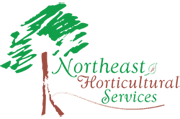
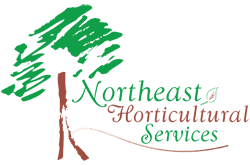
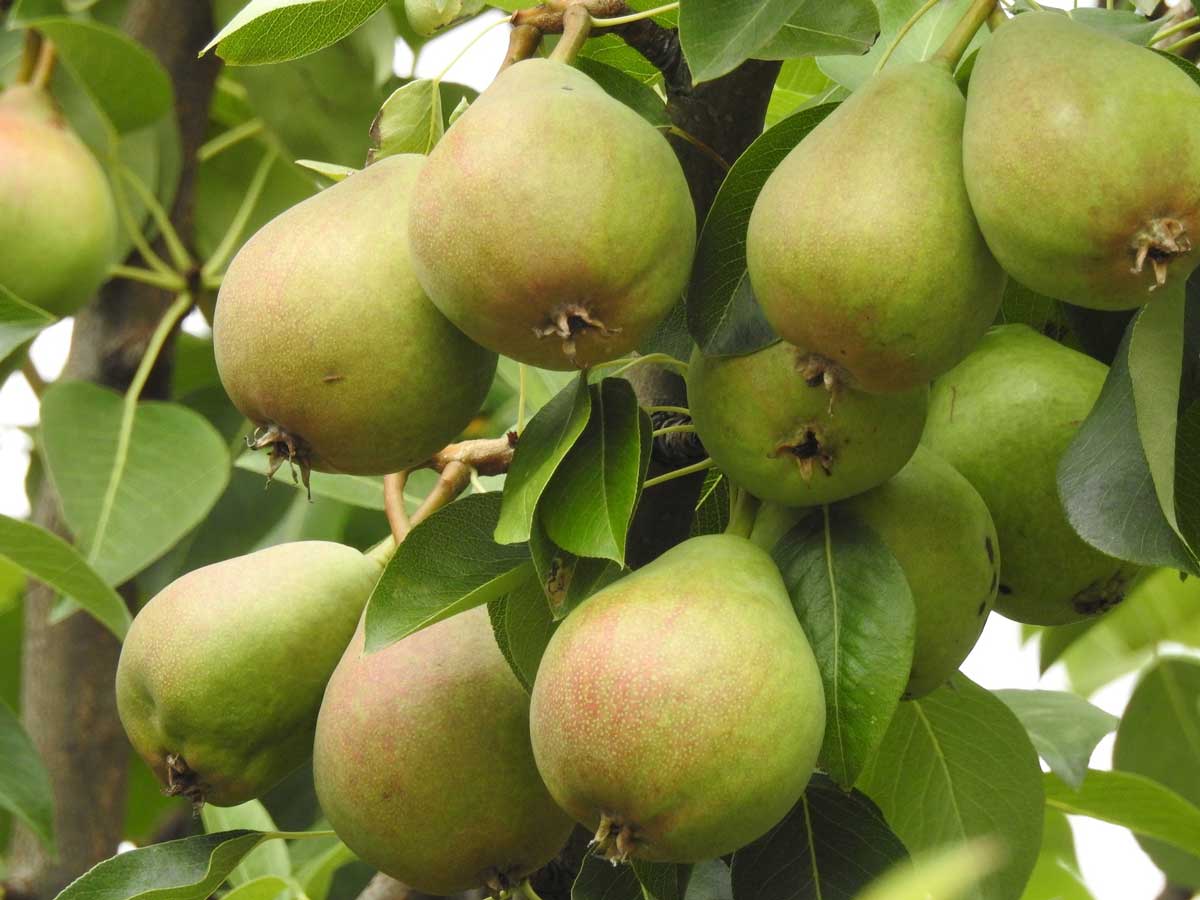
We have a 47 year old American Beech tree with a significant crack and would like some advice about saving this tree.